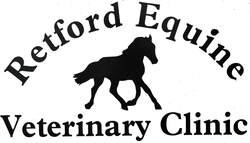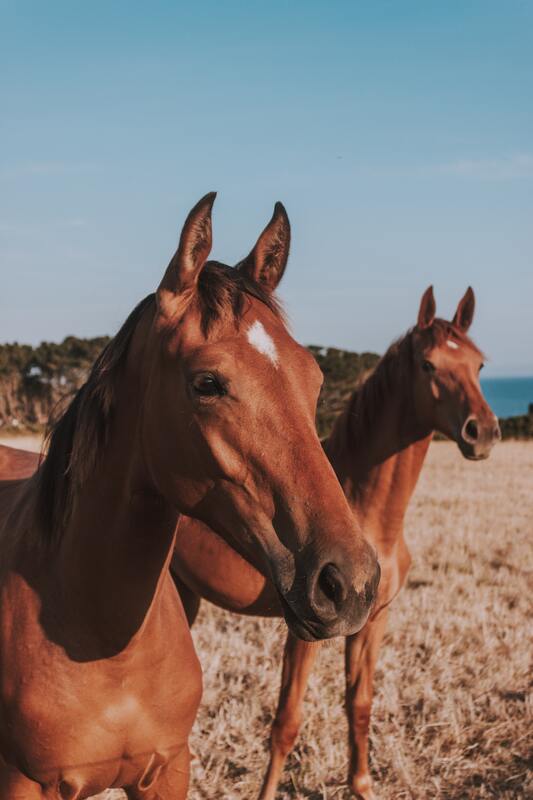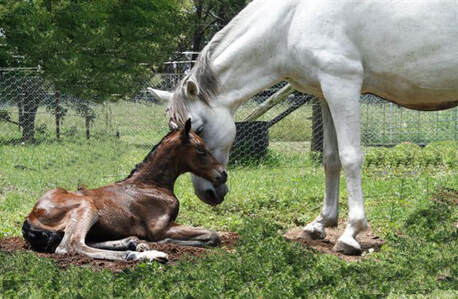|
Vaccination is a process by which we stimulate the immune system to produce a defence mechanism against selected diseases. In Australia, we can vaccinate our horses against Tetanus, Strangles, EHV, Salmonella, Rotovirus, and Hendra. Most of these vaccines are given depending on a risk assessment of the horse and may apply to breeding horses specifically. The most common vaccines for horses is Tetanus and Strangles which is in a combined single injection and is called Equivac 2in1. TetanusThis is an important disease as horses are very susceptible, and if untreated, death can be very painful. It is very difficult and expensive to treat and therefore prevention is essential. Vaccines are very effective against the disease, and the only animals that this practice have ever had to treat were unvaccinated. Tetanus is caused by a toxin that is produced by bacteria that contaminate wounds, often these can be pin pricks and can easily be missed by owners. Due to diligent vaccination this disease is becoming less of a problem in the equine world. However, if you have a horse with an injury, and you are unsure of the vaccination status a veterinary should be contacted to administer a Tetanus shot to ensure immediate cover. StranglesThis is a much less significant disease as it rarely causes death and can be readily treated with antibiotics. However, it is highly infectious and mainly effects young animals. Vaccination for Strangles is essential in high risk areas where outbreaks have been recorded and in young horses as they are particularly susceptible. Unlike the Tetanus vaccine, Strangles vaccinations do not offer 100% coverage to the horse but will significantly reduce the symptoms if it does contract it, and slow the transmitting to other horses. Vaccination Protocol
Special Consideration for foaling mares:It is recommended that pregnant mares be vaccinated 4-6 weeks prior to foaling. This allows the mare to produce antibodies that can be passed into the colostrum, hence passing on to the newborn foal. This provides an immunity for the first few weeks of its life until its immune system is mature enough to respond to vaccines.
0 Comments
|
AuthorRetford Equine Veterinary Clinic. ArchivesCategories |



 RSS Feed
RSS Feed